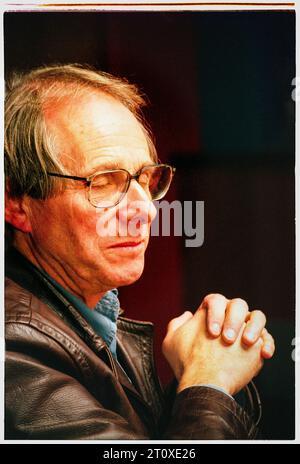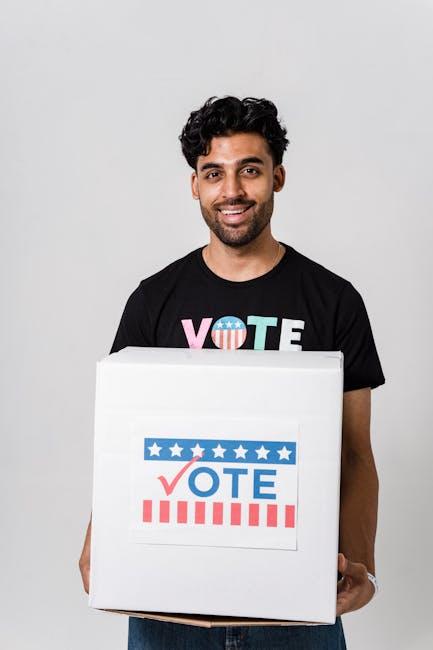In recent years, the intersection of cinema and politics has sparked intense debates, raising the question: are political themes in films dividing audiences more than inspiring them? As filmmakers increasingly infuse their narratives with social and political commentary, the reactions from audiences have become polarized. This article delves into the complex dynamics at play, examining whether these cinematic explorations serve as catalysts for meaningful dialogue or merely deepen existing societal rifts. By analyzing a spectrum of contemporary films and their reception, we aim to uncover the true impact of political storytelling on the collective psyche, questioning whether it unites viewers under a banner of shared understanding or fragments them along ideological lines.
Understanding the Impact of Political Narratives in Cinema
Political narratives in cinema have long been a powerful tool for filmmakers to explore and critique societal issues. These narratives can be both enlightening and polarizing, as they often reflect the complex dynamics of real-world politics. Cinema has the unique ability to reach diverse audiences, offering a platform for voices that might otherwise go unheard. However, this also means that films with political themes can sometimes divide audiences, as viewers interpret the narratives through their own ideological lenses.
Consider the following aspects of how political themes can affect audience perception:
- Interpretation and Bias: Viewers often bring their personal biases to the film, which can lead to different interpretations of the same narrative.
- Polarization: Films that tackle contentious issues may inadvertently deepen societal divides by reinforcing existing beliefs.
- Inspiration vs. Division: While some films inspire change and promote dialogue, others might entrench divisive rhetoric.
Ultimately, the impact of political narratives in cinema is a reflection of the broader societal context in which these films are viewed. The challenge lies in balancing the artistic expression of political ideas with the potential for societal impact.

Analyzing Audience Reactions to Politically Charged Films
When it comes to films with political themes, audience reactions can be as polarized as the topics they portray. These films often act as mirrors, reflecting societal divides and igniting discussions that are as complex as they are passionate. While some viewers find themselves deeply inspired by the narratives and the questions they raise, others may feel alienated, perceiving these films as a challenge to their beliefs or political stances.
Key factors influencing audience reactions include:
- Personal Beliefs: Audiences often interpret films through the lens of their own political ideologies, leading to diverse reactions based on alignment or opposition to the themes presented.
- Social Context: The timing of a film’s release in relation to current events can amplify its impact, either fostering unity or deepening divides.
- Storytelling Approach: The way political themes are woven into the narrative—whether subtly integrated or overtly highlighted—can significantly affect audience reception.
Ultimately, the division or inspiration sparked by politically charged films underscores the power of cinema to engage, provoke, and sometimes polarize, highlighting the enduring complexity of its role in cultural discourse.

Bridging the Divide: How Filmmakers Can Inspire Through Politics
In an era where political discourse often feels polarized, filmmakers have a unique opportunity to use their craft as a unifying force. The power of cinema lies in its ability to transcend boundaries, offering viewers a lens through which they can explore complex issues with empathy and understanding. By focusing on stories that emphasize shared human experiences rather than divisive rhetoric, filmmakers can create a dialogue that encourages audiences to find common ground.
- Humanizing Complex Issues: Films that portray the multifaceted nature of political issues can help audiences see beyond stereotypes and preconceived notions.
- Creating Empathy: Through compelling narratives, filmmakers can foster empathy, allowing viewers to step into the shoes of those with different perspectives.
- Encouraging Critical Thinking: Thought-provoking films can inspire audiences to question and analyze their own beliefs, leading to more informed discussions.
By harnessing these strategies, filmmakers can inspire change and bridge divides, transforming political themes from sources of division into catalysts for understanding and unity.

Recommendations for Creating Inclusive Political Storytelling
To craft narratives that unite rather than divide, filmmakers should prioritize diverse perspectives in their storytelling. This involves integrating voices from various backgrounds and ideologies, ensuring that political themes are not only represented but also explored through multiple lenses. By doing so, filmmakers can provide audiences with a comprehensive view that fosters understanding and empathy.
- Inclusive Casting: Ensure that the cast reflects the diversity of the real world, allowing for authentic representation.
- Collaborative Writing: Involve writers from different backgrounds to co-create scripts that resonate with a wider audience.
- Complex Characters: Develop multi-dimensional characters whose political beliefs are informed by their unique experiences and backgrounds.
- Balanced Narratives: Avoid portraying political issues in black-and-white terms, and instead, delve into the nuances and complexities.
By adopting these practices, filmmakers can create political stories that not only engage but also educate, encouraging viewers to reflect on their own beliefs and the society around them.

